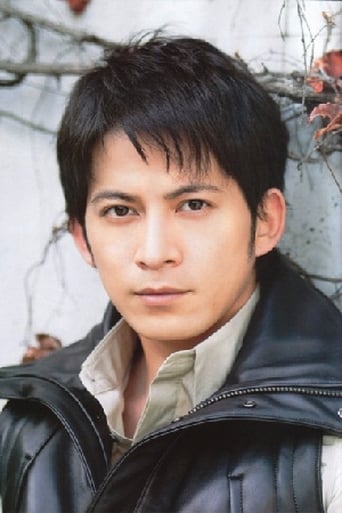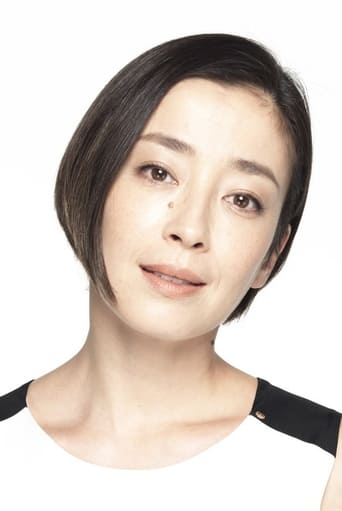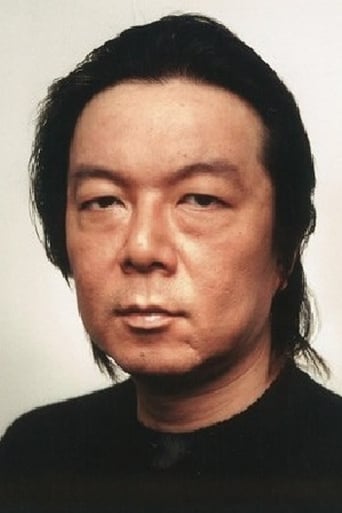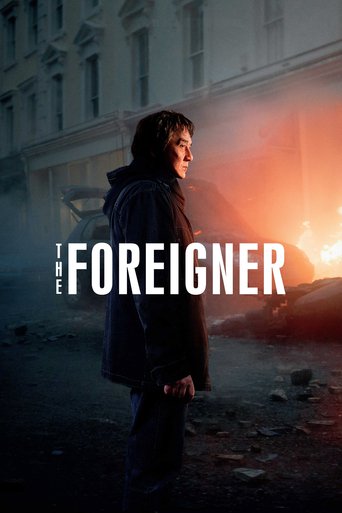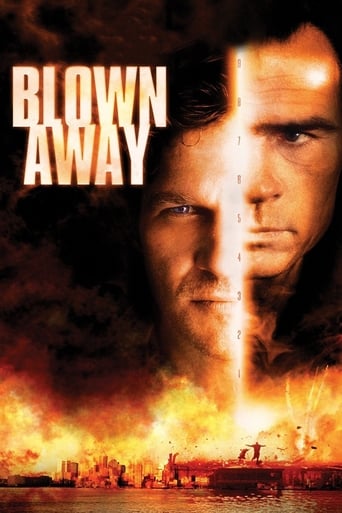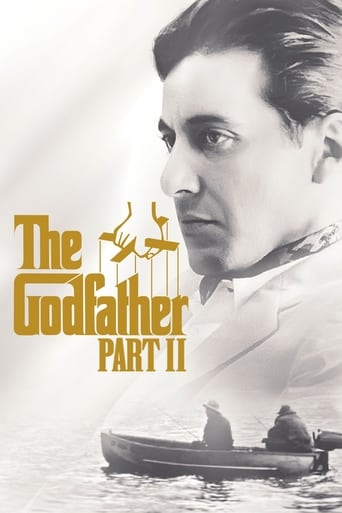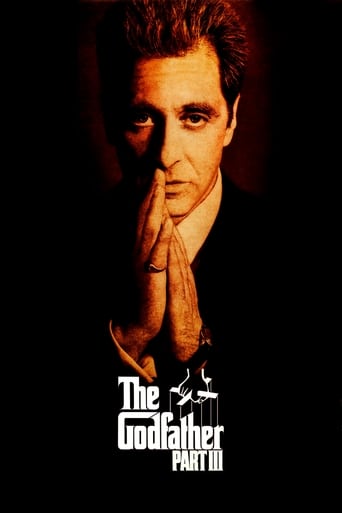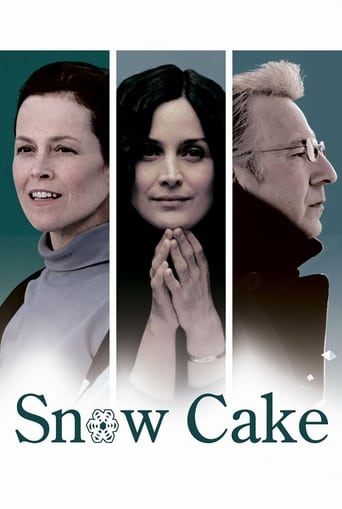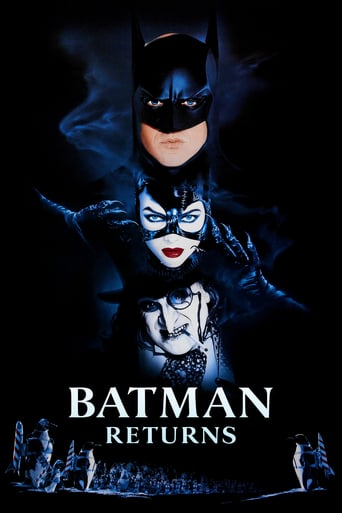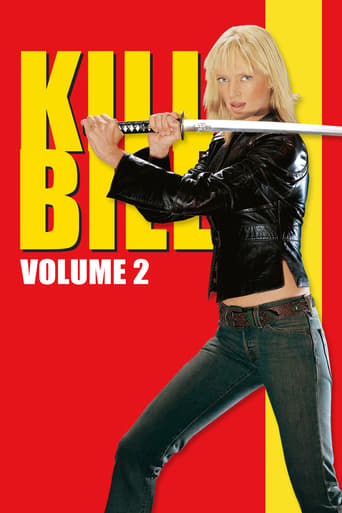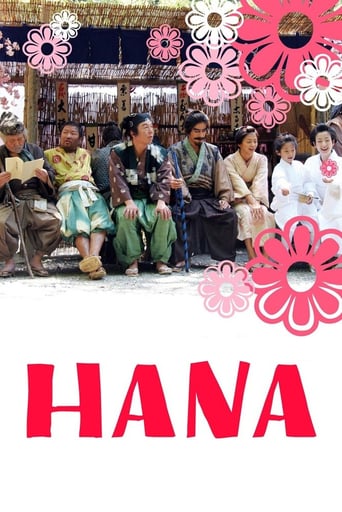

Hana (2006)
In a poor district of Edo lives a young samurai named Soza. He has been sent by his clan to avenge the death of his father. He isn't an accomplished swordsman however, and he prefers sharing the life of the residents, teaching the kids how to write etc. When he finally finds the man he is looking for, he will have to decide whether he follows the way of the samurai or chooses peace and reconciliation.
Watch Trailer
Cast


Similar titles
Reviews
Clever, believable, and super fun to watch. It totally has replay value.
After playing with our expectations, this turns out to be a very different sort of film.
There's no way I can possibly love it entirely but I just think its ridiculously bad, but enjoyable at the same time.
One of the worst ways to make a cult movie is to set out to make a cult movie.
Viewed on DVD. Costume design = six (6) stars; set decoration = four (4) stars; cinematography/lighting = two (2) stars; subtitles/translations = one (1) star. Director Hirokazu Koreeda delivers a small-scale tail of slum dwellers in Edo (before it became Tokyo) living in mostly rice-paper "row houses." This is a tight little subculture where lack of privacy provides a constant (and addictive) source of home entertainment for a community of peeping toms (both native and newly arrived). A substantial number of slum dwellers are low-level/inept samurai in the process of joining the dinosaurs. There is fine character acting all round with humorous situations and amusing one-liners NOT lost in translation due in part to facial expressions and body-language acting. Actress Rie Miyazawa's creative and skillful deployment of the art of Japanese nuance adds much to enrich the narrative. Koreeda's fixation on scatological humor quickly becomes tiresome. The Director often seems to be grasping at plot straws including his murky incorporation (more or less) into the narrative of the fantasy legend of the forty-seven Rounin. Costuming is well done. For slum dwellers, their wardrobes appear to be pretty extensive and expensive! Exteriors are mostly limited to a back lot street set you have likely seen many times before. Slum dwellings are confined to a very short portion of this standing set street (it looks like you could easily split from one end to the other!). Cinematography (semi-wide screen, color) does not help matters much, since the same camera placements are repeatedly used as if photographing a stage play rather than a movie. Interior and nocturnal scenes are usually under lit to the point that the viewer can only guess what is happening. The score is a mixed bag with a predominance of music more appropriate for settings in the Scottish Highlands than Edo! Then there is the matter of subtitles and translations. It is close to impossible to both watch the actors and read the subtitles. An either/or situation. If you are a first time viewer and consider yourself to be "reasonably" fluent in Kansai conversational Japanese, turn off the subtitles to dispatch a major source of scene disruption and eye irritation. If you feel you need subtitles, turn off the audio, and just read the subtitles like you would a book. Be always ready to hit the pause and rewind buttons on your remote, since many 10 word (or more) subtitles appear on screen for literally less than a second!). The undisciplined/amateur subtitle writer (or unedited software program output) for this movie has utterly failed to apply grammatical rules to enable the viewer to read subtitles that summarize what is being said and also watch the movie. Instead the subtitle writer/program has tried to translate EVERYTHING that is being said! Word for word. Some signs are translated. Credits are not translated which seems to be an especially disrespectful action by the film's producers directed at all those who contributed to the making of this movie! Not especially recommended. WILLIAM FLANIGAN, PhD.
With its caste of row-house poor, HANA reminds one in many ways of Akira Kurosawa's classic, DODESKADEN (Mago, in particular, who brings to mind the young "star" of Kurosawa's movie). Samurai Soza's lack of pretension certainly sets him apart from most of the samurai we see in most samurai movies: he gives it the old bushido try, but, soundly trounced in front of the other row-house denizens, he doesn't suck it up and work toward avenging the insult (nor, ultimately, does he follow through on his avowed mission to avenge his father's death at the hands of another samurai). At first we see him ostensibly looking for a reason to kill; by film's end, he's looking for a reason to live. The final shot of the movie sums it all up so beautifully (and simply). If you're interested in flawless filmmaking, here it is: HANA never misses a beat.
The subtext of this novel, entertaining period film comes from a unique treatment of the famed story of the 47 Ronin (itself the source for history texts, dramas, movies, and plays). Instead of showing the flowering of the Japanese spirit of revenge, HANA YORI MO NAHO takes a more pacifist point of view. In fact, for many of the characters, the main virtue of revenge may lie in its commercial exploitation; for the remainder of the cast - nearly all of them living in a dusty slum on the outskirts of town - revenge breaks apart families, instills instinctual hatred, and only promises generations of promise unrealized.The screenplay is understated and loosely plotted. relying for the most part on light comedy to given texture to its potentially tragic subject matter. The story of the 47 Ronin has been told too often without offering any background on the common people hidden in the background. Sometimes ignoble, it's the people who rise above the violence who seem to have achieved something great - like the failed samurai who ignores his father's dying request to kill a rival. The film's visuals are dusty and dirty, but always arresting,helping to make for a realistic but appealing narrative. All in all, HANA YORI MO NAHO is a much needed corrective on an oft- told story.
In 'Hana' Koreeda has turned from modern times to make another samurai-going-out-of-style movie, set in 1701 when "sword fighting has flown out of fashion with the wind." The film focuses on the cute Soza, played by boy-band singer Junichi Okada, who's supposed to avenge the death of his samurai father (embarrassingly, in a fight over a go game rather than any battle), but would rather play go himself, soak in a hot tub, or teach neighborhood kids writing than practice his swordplay. Hana questions the very validity of revenge and war but unfortunately does so with an inept fighter and even a coward as a hero. Why this isn't a good way of presenting alternatives to warlike philosophy is obvious: a hero is needed who can say "I can do it but I choose not to," rather than one who must say, "I can't, so I better not." Despite the film's considerable charm in presenting a variety of colorful characters and incidents -- abetted by excellent acting, a realistic period tenement setting, and fresh-sounding western renaissance music -- its main character becomes an embarrassment and a disappointment rather than a revelation. Unfortunately the young star's appealing sweetness seems a mockery. As Mark Shilling of Japan Times has commented, Okada is "too handsome and cool to be a sympathetic coward. Too bad Bill Murray isn't 20 years younger -- and Japanese." Moreover (as Shilling also says) 'Hana's' lively incidents are rather meandering, don't interact very well, and don't add up to climactic moments: the story line "lacks anything major." The natural impulse is to want the climax of a real revenge, the one Sozo is supposed to enact. Defeating such conventional expectations, the film feels longer than it is.It may be that Koreeda, whose films have created a unique mood, means for 'Hana' to make us uncomfortable, and the colorful characters and rude toilet jokes are an intentional effort to put us off our guard. Certainly when the moment first comes when Soza is beaten up by a local punk in pink, Sodekichi (Ryo Kase), it's horrifying and demoralizing because Soza up to then has been not only immensely simpatico, but a guy with a worthwhile function in the tenement house (nagaya) village -- which Koreeda has departed from film tradition in making realistically rickety. Soza says he's in the shabby place because (as introductory titles have told us) samurais are frequently undercover in such locations at the moment. When he learns his revenge-object, Kanazawa Jubei, is living nearby, it turns out one of his informants and café-pals knew it all along and the latter advises him to say nothing. "This samurai revenge thing is out of style," he adds. Besides, "with your skills" (i.e., the lack of them), "you're doomed." 'Hana' makes this sort of point too bluntly and repetitiously.The setting, which compares (as Shilling notes) to that of Kurosawa's memorable flop 'Do-des-ka-den,' is a lively but pathetic community where people live selling scraps -- and their own excrement, sold for fertilizer to a landowner, is worth more than the fruit of their labors. It's a world where indignity is a constant, in which Soza's humiliations seem almost normal.The interest of 'Hana,' despite its not being Koreeda at his best, is that it reflects contemporary Japanese demoralization -- a deep sense of the loss of traditional values as well as an equally strong sense of personal uncertainty in the old areas of machismo that once were strong. And it does this in a deceptively traditional-looking framework that shows how seductive and unavoidable Japanese tradition still remains. In that way, the director has been able to manufacture the same troubling unease that made his more powerful 'Nobody Knows' so riveting and disturbing. This still feels like a distinct misstep for the filmmaker -- but he has seemed capable of doing something completely different almost every time -- and no doubt what comes next will be a surprise, perhaps a more exciting one.Shown as part of the San Francisco International Film Festival 2007.


